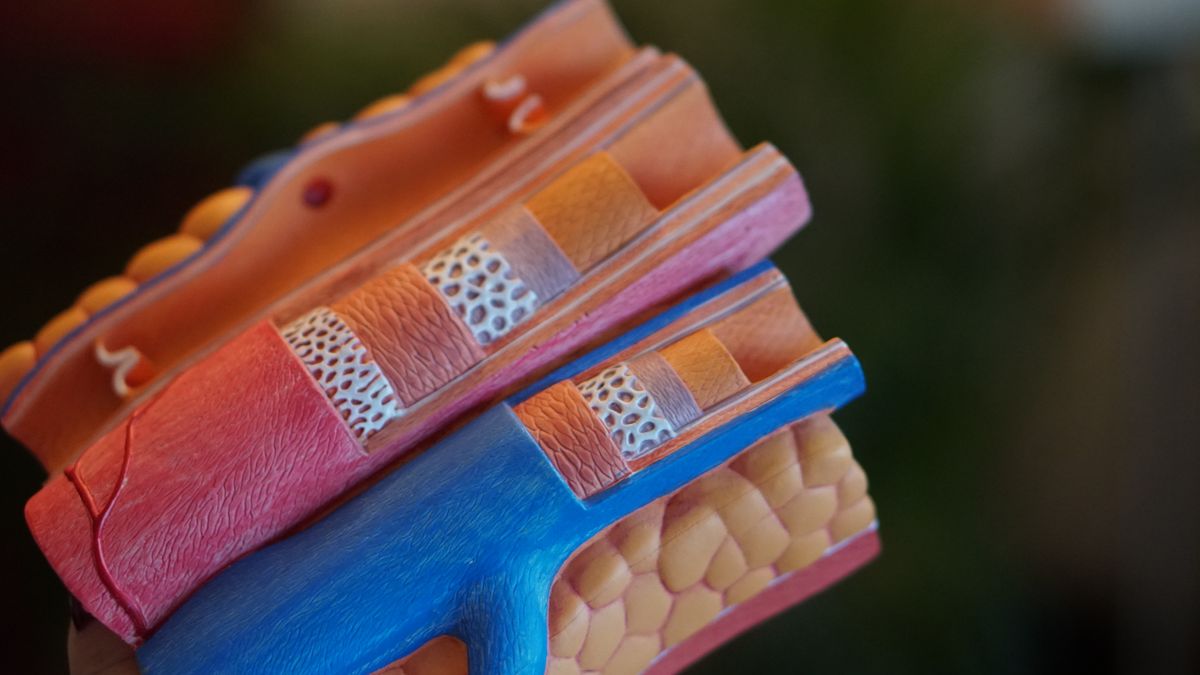Calcium Scores - Everything you wanted to know

Vascular calcification, is commonly known as calcification of the arteries. It is a condition characterised by the accumulation of calcium deposits in the arterial walls. This process can lead to arterial stiffness, reduced blood flow, and an increased risk of heart disease. If you are above the age of thirty, like I am, you want to understand what it means to have calcification of the arteries.
What is vascular calcification? Vascular calcification is a complex process where calcium phosphate crystals accumulate in the arterial walls, leading to their hardening. At its simplest it happens because the body senses the build up of cholesterol in the arteries. The calcium is sent in to try and clean it up. If too much calcium is sent, it ends up becoming deposits, narrowing and hardening the arteries. The presence of these calcium deposits can indicate the progression of atherosclerosis, a disease where plaque builds up inside the arteries, potentially leading to heart attacks or strokes. Therefore medical experts have built a score, known as a calcium score, to measure how much is the build up.
Understanding calcium scores
A calcium score, also known as the Agatston score, is a measure derived from a computed tomography (CT) scan of the heart. It quantifies the amount of calcium deposits in the coronary arteries. The score can range from 0 (no calcification) to higher values, indicating more extensive calcification. A higher calcium score suggests a higher risk of a coronary event.
- Score 0: No detectable plaque The risk of a heart attack is low.
- Score 1–10: Minimal evidence of plaque Uncertain risk.
- Score 11-100: Mild evidence of plaque Moderate risk of heart attack.
- Score 101–400: Moderate evidence of plaque Relatively high risk.
- Score >400: severe evidence of plaque High risk of heart attack in the next 3–5 years.
Tools and Techniques to Improve Calcification Scores While the presence of arterial calcification can be concerning, several interventions and lifestyle changes can help manage and potentially reduce calcification:
- Antioxidants: Some antioxidants might have potential benefits in managing vascular calcification. These natural compounds can combat oxidative stress, a significant contributor to arterial calcification.
- Diet and Nutrition: A balanced diet rich in magnesium, vitamin K, and omega-3 fatty acids can help inhibit vascular calcification. Reducing the intake of processed foods, sugars, and unhealthy fats is also crucial.
- Regular Exercise: Engaging in regular cardiovascular exercises can improve heart health and potentially slow the progression of arterial calcification.
- Medication: Certain medications, such as statins, can help reduce cholesterol levels and slow the progression of atherosclerosis and calcification.
Your calcium scores is a significant predictor of cardiovascular events. Understanding one's calcium score can provide insight into their heart health and the potential risk of future cardiac events. While some factors contributing to arterial calcification are non-modifiable, such as age and genetics, adopting a heart-healthy lifestyle and seeking appropriate medical interventions can make a difference. Regular check-ups and consultations with healthcare professionals are essential to monitoring and managing this condition effectively.
References
Footnotes
- Vascular calcification is linked to hypertension and cardiovascular disease. S. Kalra, C. Shanahan, 2012. ↩
- Vascular calcification often occurs with advancing age, atherosclerosis, and metabolic disorders. Y. Kanno et al., 2008. ↩
- Severe calcification of the descending aorta is associated with ischemic cerebrovascular events. D. Tanné et al., 2007. ↩
- Interventions targeting gelatinases might help ameliorate vascular calcification. Yonggang Zhao et al., 2016. ↩
- Some antioxidants might have potential benefits for managing vascular calcification. P. Román-Garca et al., 2011. ↩
- Hyaluronan (HA) may be a potential therapeutic agent for treating vascular calcification. Yonglun Kong et al. (2018.





